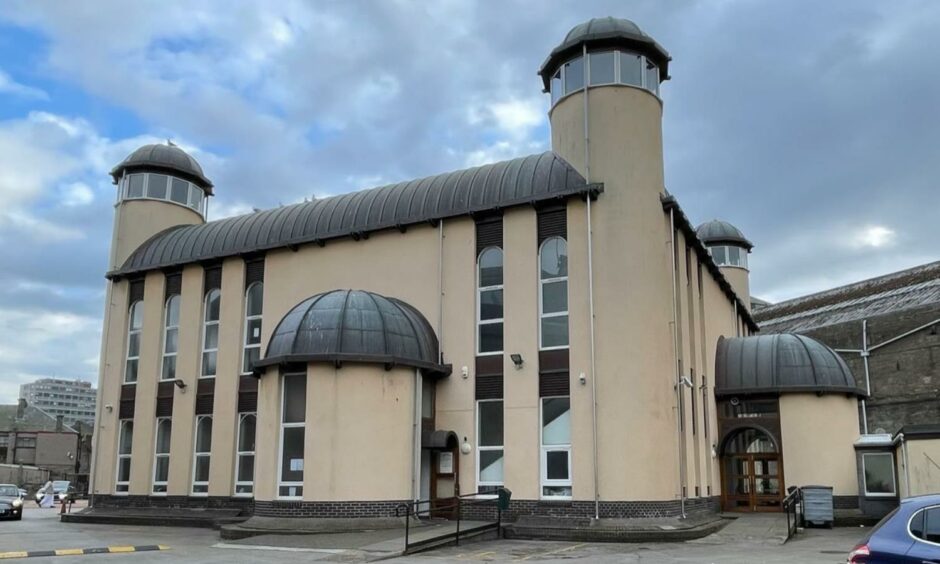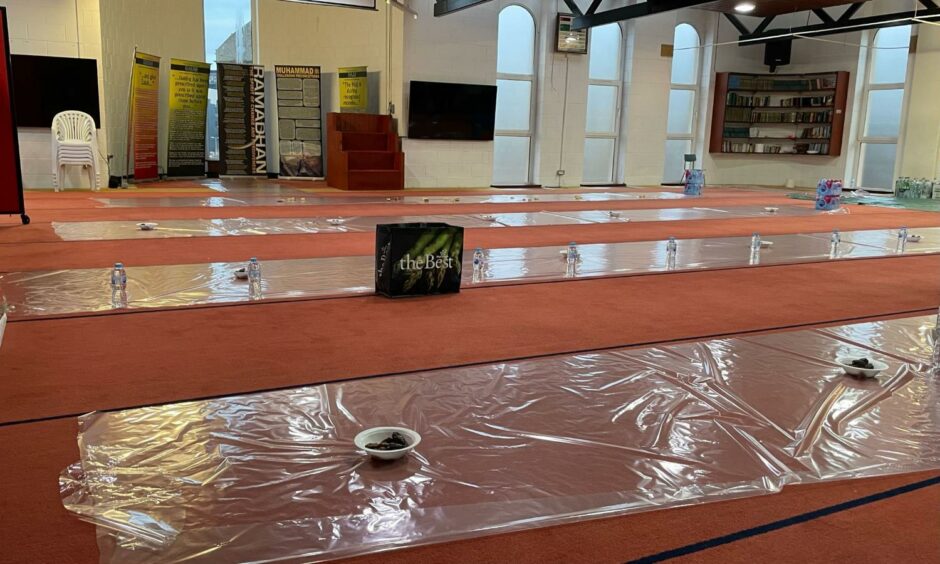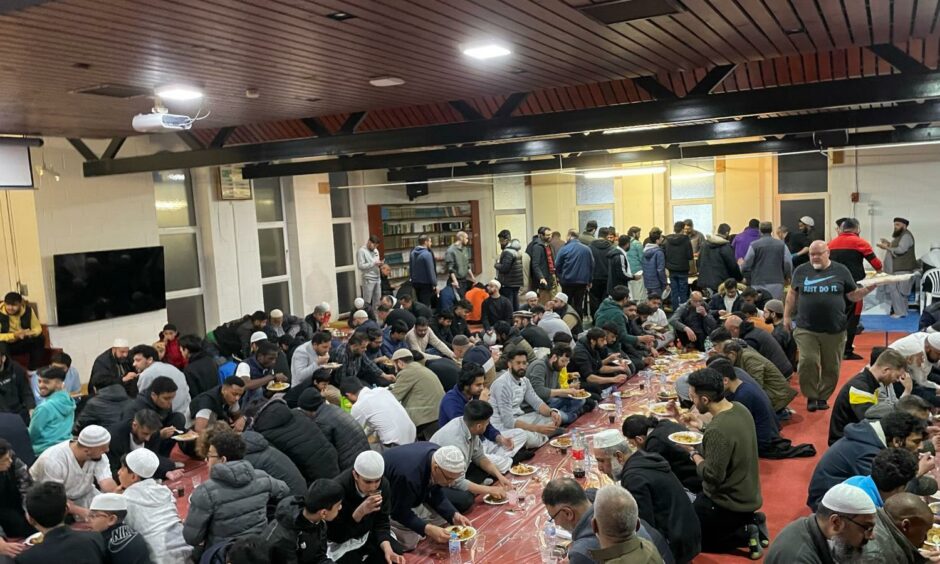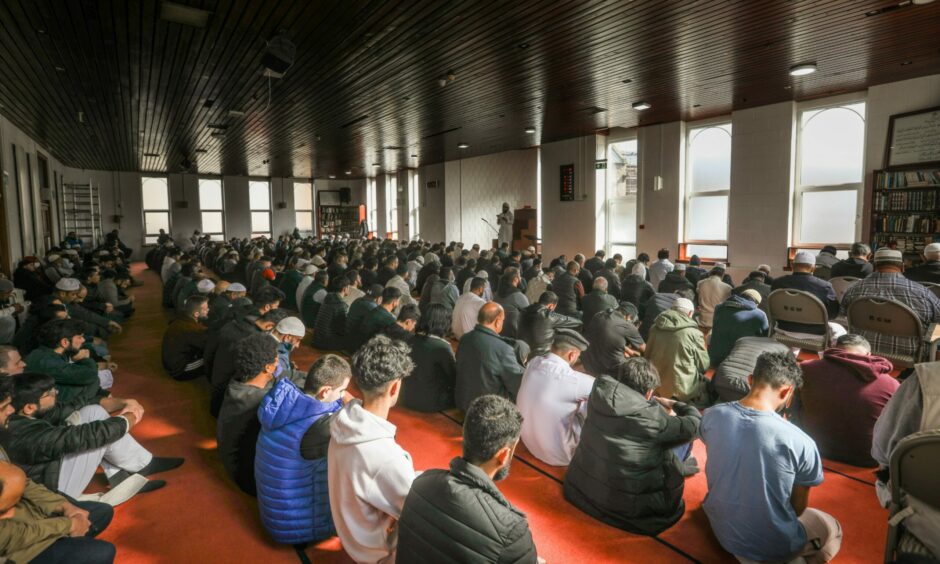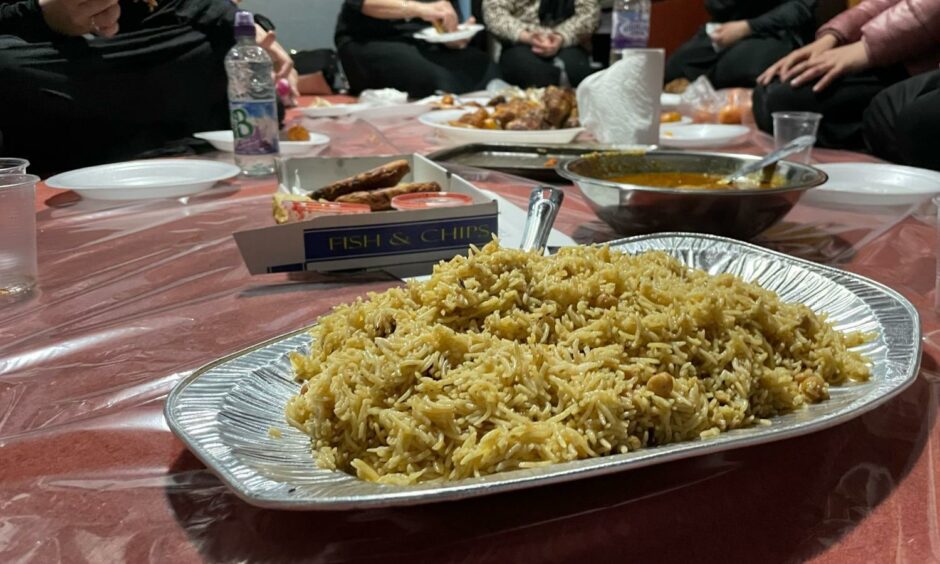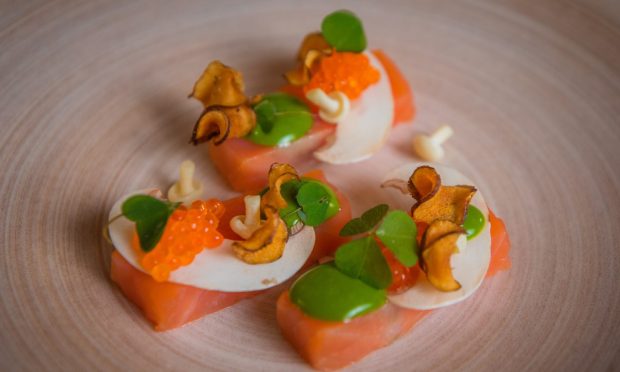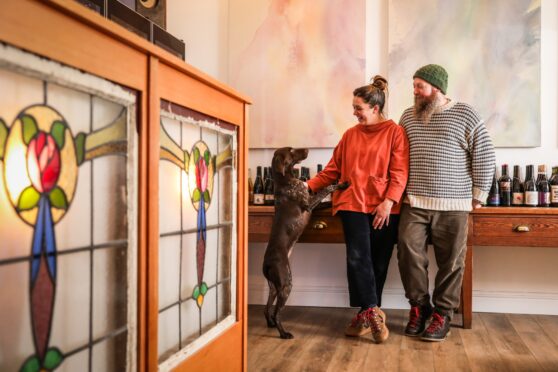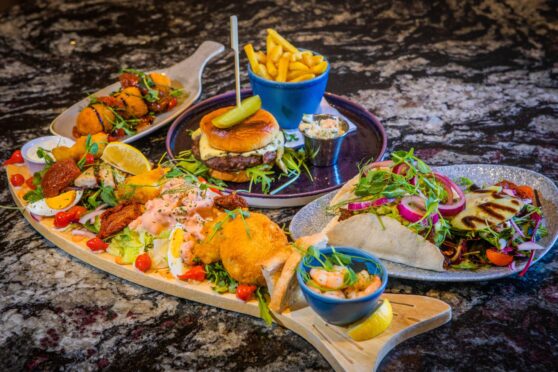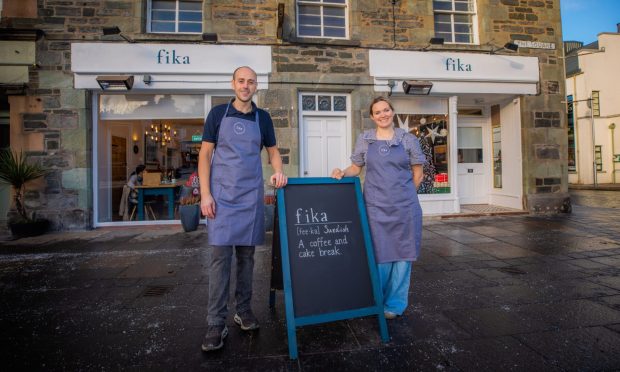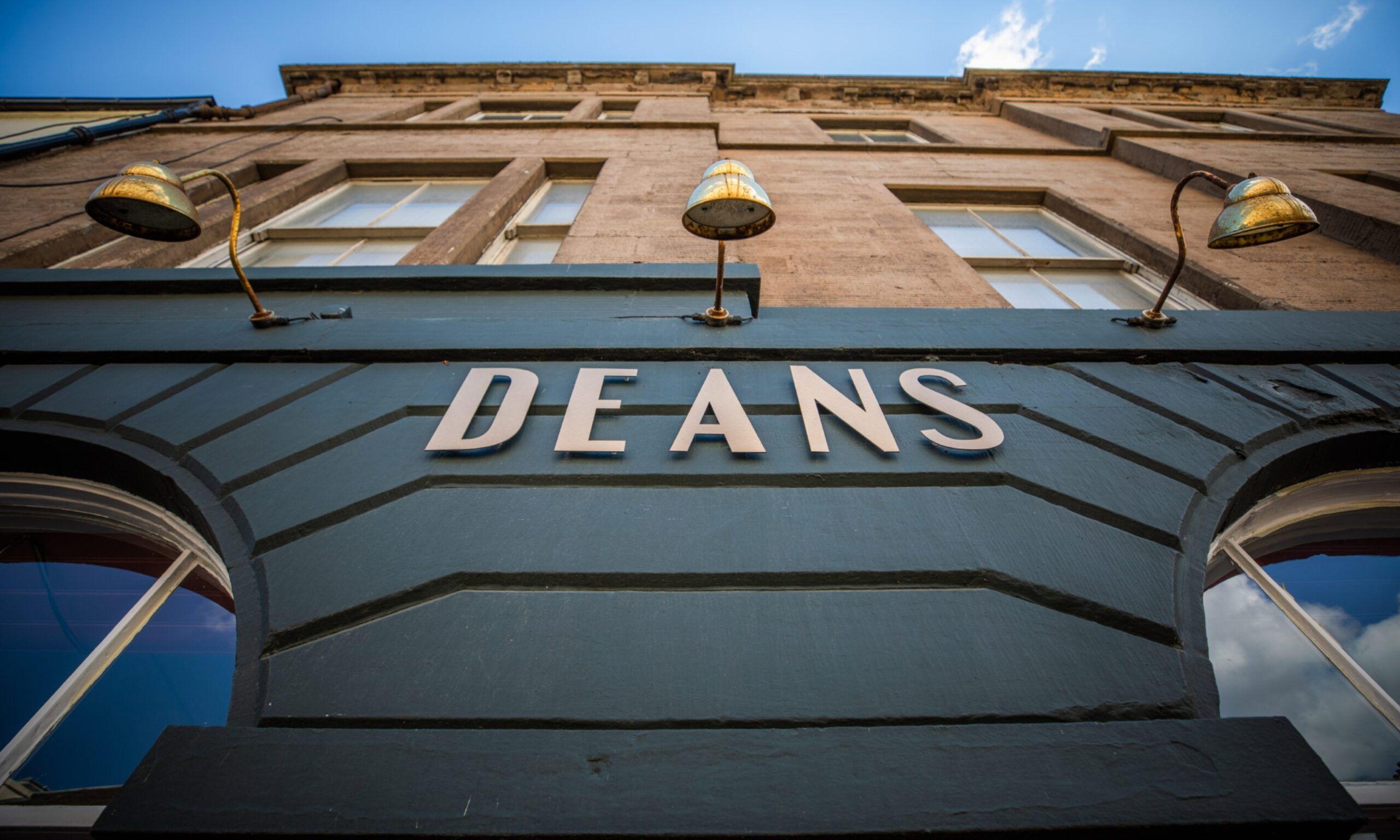Dundee Central Mosque hosts fast breaking meal, iftaar, for more than 300 Muslims every night during Ramadan.
Lasting around 30 days, Ramadan is the ninth month in the Islamic calendar and is one of the most important months in the Islamic year.
Muslims all around the world fast as an act of worship and stop consuming food from before dawn to sunset.
In Dundee many Muslims will break fast at the Central Mosque which opens its doors for iftaar every day, with hundreds getting together to eat together.
Ramadan began on the evening of March 22 and will end on April 21, when Eid al-Fitr begins.
What happens at Dundee Central Mosque?
Every day around 300-350 men, women and children arrive at the mosque with the intention of eating together and breaking fast.
Local restaurants and eateries get involved in supplying food to the mosque, and many families and communities will get together to also help feed everyone.
But how does the mosque coordinate this?
1. Set up
It is important there’s some organisation to the meeting so volunteers from the local Muslim community help to prepare the hall for those visiting to break their fast.
Plastic sheets are rolled out along the floor and bowls containing dates and nuts alongside bottles of water and cups are placed along the sheets for the initial fast breaking time.
The reason for this is that the Prophet Muhammed (pbuh) said Muslims should break their fast with the dried fruit. He also outlined that if there were no dates available, that water should be what individuals use to break fast with as it is purifying.
2. Adhaan and fast breaking
Prior to the Adhaan (call to prayer) happening, Muslims will sit across from one another behind the sheets, which act as a table, awaiting Adhaan which tells them the fast has been completed.
As well as dates and water, some starters including pakoras, samosas and other small foods provided by the mosque will be shared out.
Many people will also bring snacks that they have made at home for others to enjoy during this time, with the food being from a mix of cultures.
3. Prayer
The sheets are then cleared and the Muslim community stand up together to pray congregationally for Maghrib (sunset prayer).
The prayer allows for the initial dates and water to settle and brings the community together as they stand next to one another and worship Allah (God).
4. Food
Once the prayer is complete, a mix of volunteers from all ages and cultures will assist in serving the food.
Normally each night one person from the community will volunteer to pay for food and will arrange for either family, friends or local restaurants to cook for the evening.
The visitors at the mosque will be served a mixture of dishes in large platters and bowls.
Food can vary from curries like biryani and chicken curry with rice to burgers and chips as well as meat flat breads, fried chicken and more.
All of the meat consumed is halal and the community will work with a variety of Muslim owned venues who can easily cater to their requirements.
For sweet, doughnuts, dates and halwa are usually on the menu.
Some venues such as Khandy Shop and Sizzlers have supplied the mosque with food in the past.
The sharing of food after fasting all day is celebration of self-achievement and gratefulness for Muslims. It is a time to enjoy before standing once again for Isha (beginning of the night prayer).
